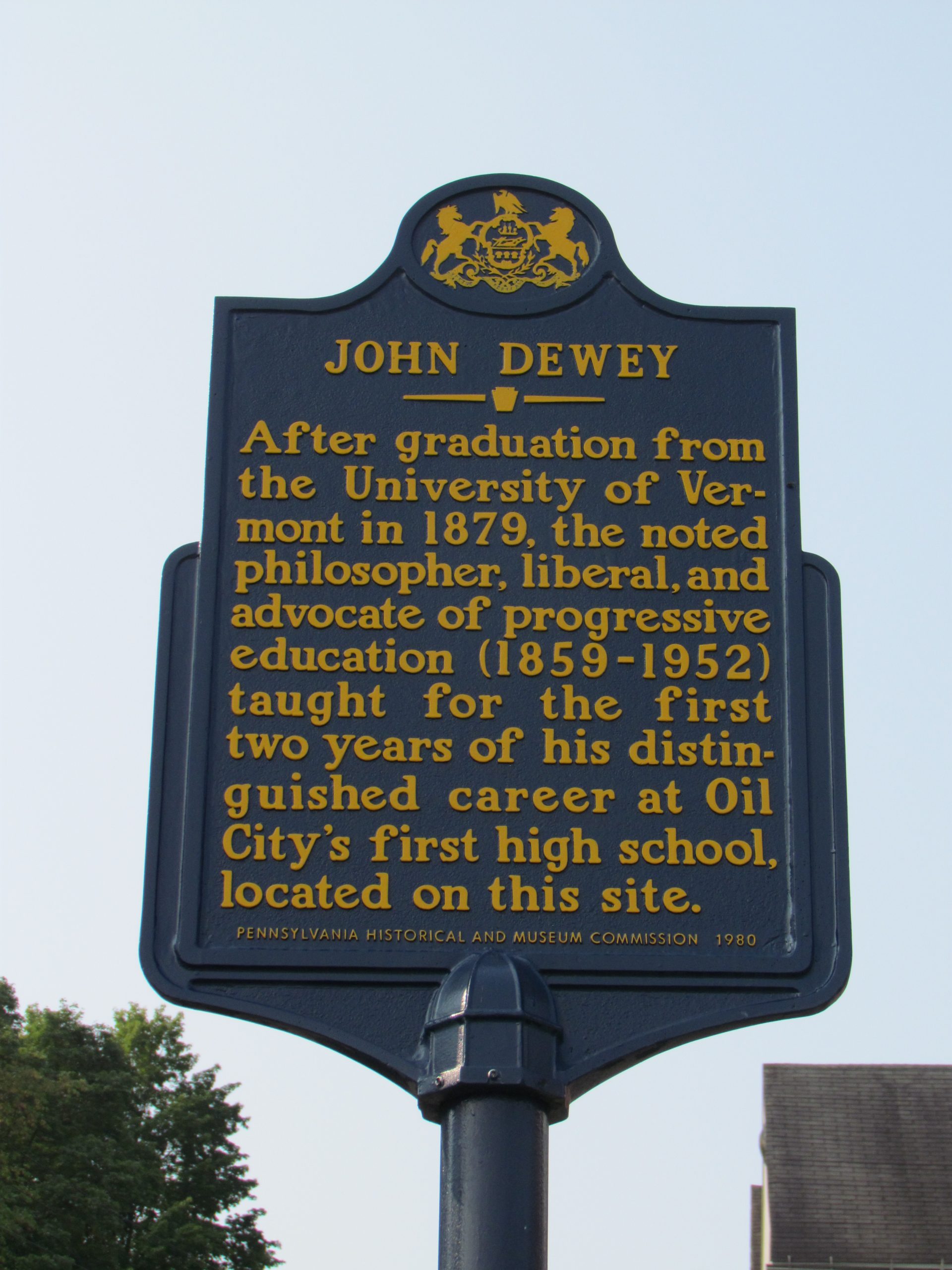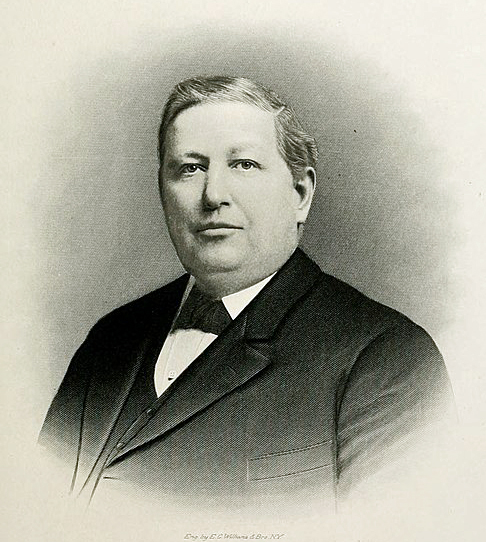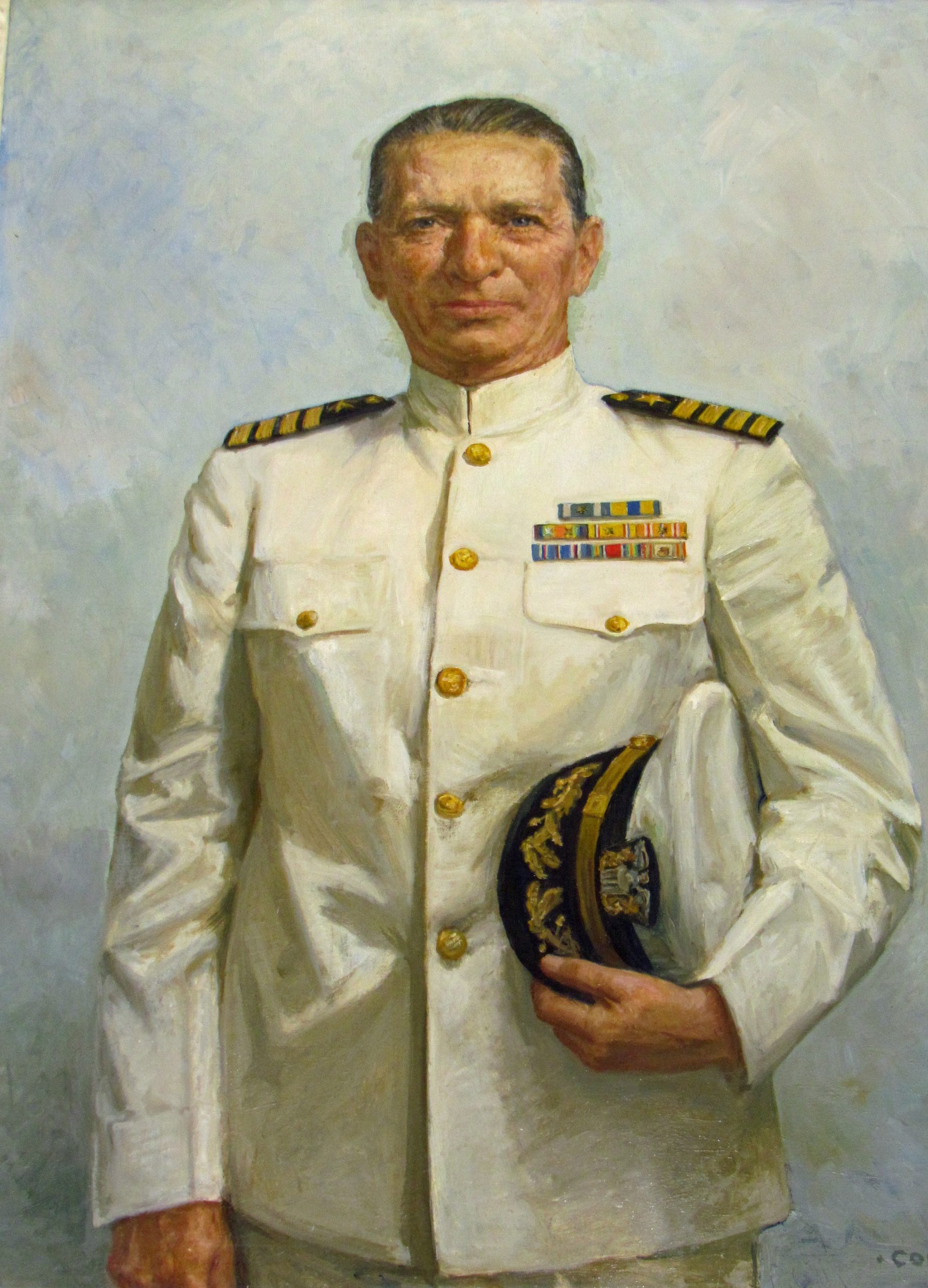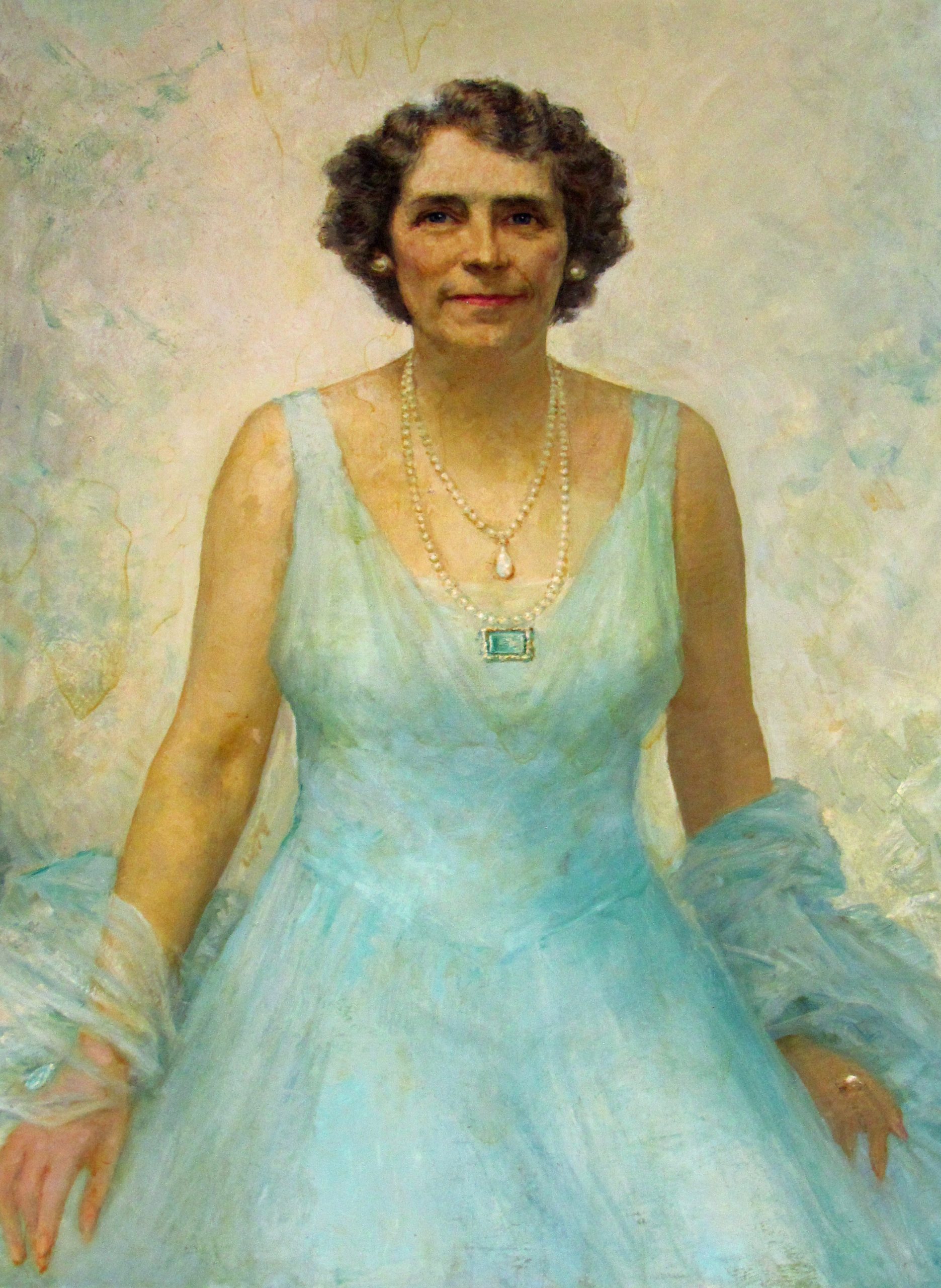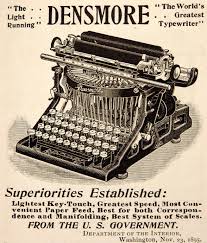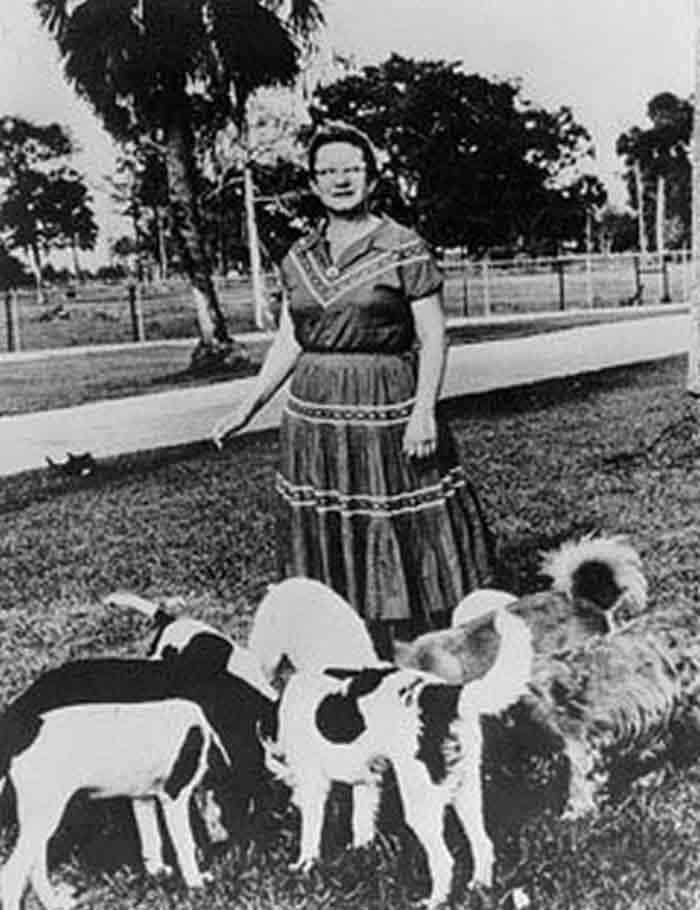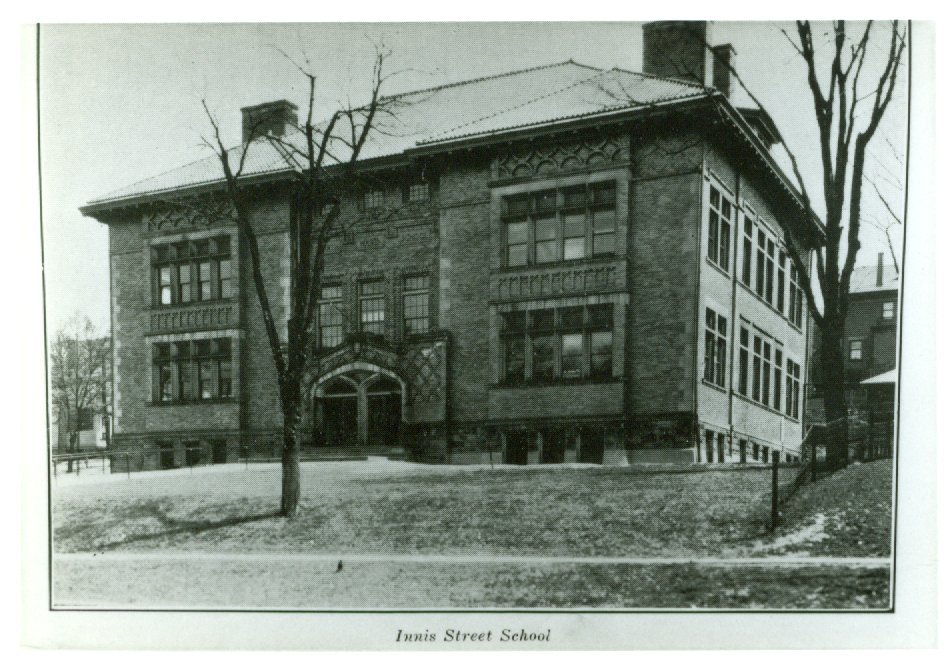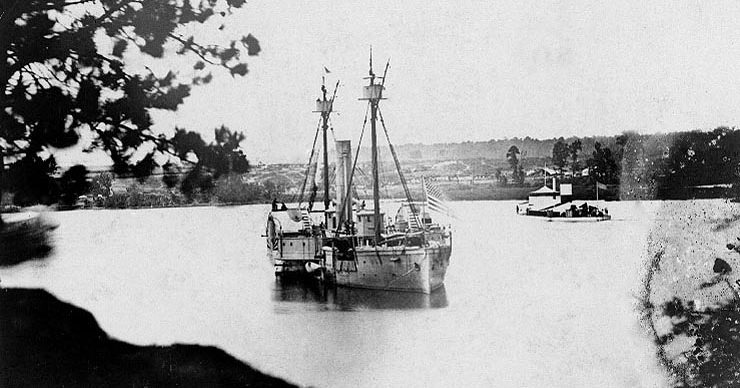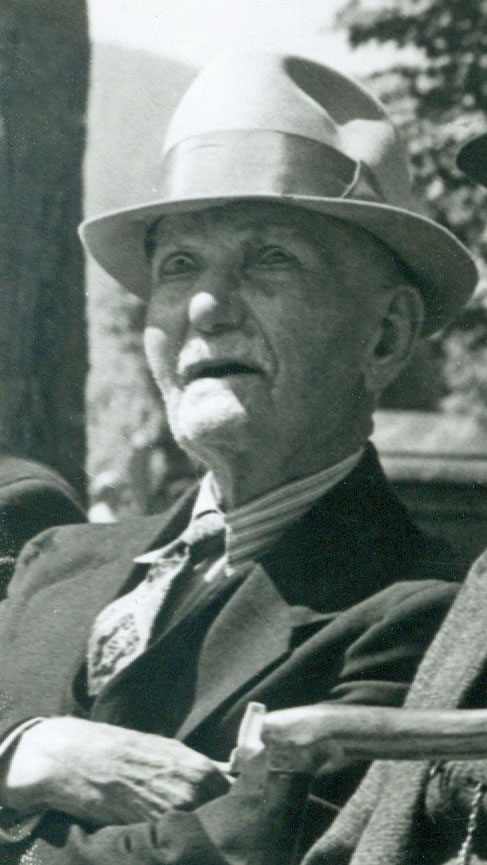Quirky Links to Oil City
- Judy Etzel
- January 20, 2023
- Hidden Heritage
- 8677
Oil City and the surrounding area luxuriated in wealth gained from the booming oil and gas industries for decades.
While those successful men, and a few women, had direct ties to the local industries, others had connections to the region that were not associated with those commodities.
Some residents, too, never sullied their hands in the oil patch but shared their largesse from those labors in later years.
Here’s a look at some of the personalities who had ties to the Oil City area.
Percy Langster
Percy J. Langster, an Oil City native, was elected the first black District Attorney in the country in 1948.
After attending elementary schools in Rouseville and Oil City, Langster graduated in 1908 from Oil City High School where he excelled in athletics and oratory. While in school, he helped organized the first Negro Band in Oil City and also helped open up a skating rink in the city’s Third Ward. Unable to find full employment, he worked locally as a shoeshine boy and a Pullman porter until moving to Pittsburgh where he took a job as an insurance and real estate agent. In Pittsburgh, he met Jennie Marie Williams of McKeesport and they married in 1924.
At her urging and with her support, he enrolled part-time at Duquesne University and earned a B.S. degree and a law degree within eight years. At the time, he was the only black student at the law school. The Blizzard newspaper in Oil City reported “It was an achievement that surmounted adversity.”
In 1932, Langster passed the Michigan bar exam and opened a law practice office in a small town about 200 miles northeast of Detroit. During World War II, Langster served as an instructor in the Army Aircraft Technical School in Illinois. Returning to his law practice, Langster defeated the former county District Attorney in the November 1948 election. His win was a two-to-one victory in a predominately white district and it drew headlines across the U.S.
In a full page feature in the Detroit News, the editors noted, “With the arrival of 1948 the red brick courthouse at Baldwin … becomes one of the most important in the nation from a social and political standpoint.” Langster ran for re-election but was thwarted this time by the former DA winning the race. He returned to his private law practice. Langster died following a heart operation in 1955.
John Dewey
John Dewey, an internationally famous educator and philosopher, began his career as a teacher of Latin, algebra and natural science at the former Central Avenue High School that was the forerunner of the Oil City High School.
After graduating from the University of Vermont, Dewey came to Oil City to teach at the school where his cousin was principal. He was here from the fall of 1879 to the spring of 1881 and lived in a boarding house on Central Avenue. He was paid $40 a month, a stipend that was his first full-time salaried position.
While in Oil City, Dewey wrote his first philosophical paper that was published in the Journal of Speculative Philosophy.
In teaching two terms at Central Avenue, Dewey found that he believed the teaching methods were archaic and insisted that children should learn by doing and thinking rather than sit rigidly at their desks and holding books. Instead, classrooms should be unstructured so students can learn by doing, he wrote.
Dewey went on to earn a Ph.D. in philosophy from Johns Hopkins University and taught at the University of Michigan until accepting a post as chairman of the philosophy and education department at the University of Chicago. He later became a professor at Columbia University.
The educator published 38 books and hundreds of articles and pamphlets, many of which outlined new ways to teach children. In 1954, a leading U.S. magazine described Dewey as “the man who saved our children from dying of boredom in school” and noted “his influence changed the school from a place where children prepare for life to a place where children live.”
An official Pennsylvania state marker honoring Dewey was installed in 1980 at his former high school, now the site of the Oil City Fire Department. It was the first state historical marker to be placed in Oil City.
In addition, Dewey was featured on a 30-cent commemorative U.S. stamp in 1968 and is the only Oil City resident to be so honored.
Josiah VanKirk Thompson
Josiah VanKirk Thompson was known as the Coal Baron of the U.S. and was considered at one time to be the richest man in the country. While his association with the coal industry was centered in southwestern Pennsylvania, he has a tie to this region.
He and his wife, Mary Anderson of Bucyrus, Ohio, were married in 1879. They had two sons, Andrew and John. Andrew, who became a philanthropist as well as a dairy farmer and coal company owner in Fayette County, married Lida Foster Grimm, daughter of Daniel and Caroline Grimm of Franklin. Daniel and his family were in the oil business.
Andrew died in 1938 in Uniontown and his body was brought back to his wife’s hometown. They are both buried in Franklin Cemetery.
Thomas Wright
Thomas J. Wright, born in New York but raised and educated in Oil City, owned and operated a successful paint and wallpaper store on Seneca Street, later the site of the Pennsylvania freight depot, in the late 1800s. In 1900, he sold the shop and went into the oil business.
While he gained a measure of fame as a successful retailer and later oilman, his wife May, claimed a different heritage perk. May Williams, born at Rynd Farm, went to live with her aunt and uncle, Mr. and Mrs. D.K. Williams in Titusville when her parents unexpectedly died. She married Thomas and the family lived in Oil City.
May was a direct descendant of General Gage, commander of the British forces in the Revolutionary War. He personally led the forces in the famed Battle of Bunker Hill. Her great-great-uncle, Albert Williams, was one of three militiamen famous in the Revolutionary War for capturing Maj. Andre, the British spy at Tarry-on-the-Hudson.
May, who died at the age of 49 as a result of injuries in a car accident, was active in Trinity United Methodist Church and the Belles Lettres Club. Her son, Donald, was a reporter for The Blizzard newspaper in Oil City.
Isabel and Charles Maddox
Isabel Ramage Maddox, born in 1890, was the daughter of Mr. and Mrs. Samuel Young Ramage who lived on West Third Street in Oil City. Her father, an oilman and philanthropist, was instrumental in founding the Grandview Sanitarium, the Oil City Library, Wanango Country Club, Cook Forest State Park and other organizations. The family contributed sizable amounts of real estate to the city, including the acreage that now boasts the Oil City swimming pool.
She was married to Naval Capt. Charles H. Maddox in 1917 in California. Charles, who died in 1964 and is buried in Arlington National Cemetery, was a graduate of the U.S. Naval Academy, Harvard graduate school and MIT. A veteran of World War I and II, he is credited with designing the system and then sending the first air-to-sea message in 1912. A native of Canada, Maddox became a naturalized U.S. citizen in 1901 in ceremonies in Franklin.
The Maddox family bought an 8,122-square-foot mansion in 1930 in Washington D.C. It was a luxurious property that overlooked Rock Creek State Park. Charles died in 1964, but the Maddox family lived there until 1970 when they sold it.
Two buyers later, Joe Lockhart, press secretary for President Bill Clinton from 1998 to 2000, bought it. He then leased it to Barack and Michelle Obama and the couple bought it in 2017 for $8.1 million. The Obamas continue to live in the home.
Isabel continued to own an elaborate summer home in Rockmere, Cranberry Township, for several years. The Maddox family spent their summers at the riverside cottage.
Before she died in 1988, Isabel gave a new window, known as the Prayer Book Window, to the Washington Cathedral. It was dedicated to the memory of her parents, Samuel Young Ramage and Cora Hull Ramage of Oil City.
James Densmore
One area resident had a hand in launching a very different industry apart from the oil business. James Densmore and his family leased land on the Tarr and Miller farms in the oil valley and started their own oil company. They met with success in the oil fields.
In 1867, he received a letter from former business associate Christopher L. Sholes of Milwaukee asking for financial support for a new invention. It was a writing machine he called a “typewriter.” Densmore wired him $600 to make a prototype in exchange for one-fourth of the patent rights. He soon joined in with his brothers to form the Densmore Typewriter Co.
In 1873, Densmore sold the manufacturing rights to gunmaker E. Remington and Sons but held on to the one-fourth patent rights. The Remington typewriter took off and Densmore made more than $1.5 million in the deal.
Eleanor Ritchey
Many fortunes realized in the early oil days were contributed to a variety of civic and educational ventures, but perhaps no legacy was more unusual than one that left a multi-million-dollar estate to the dogs.
Eleanor E. Ritchey, whose grandfather was Quaker State Oil co-founder Philip Bayer of Oil City, took care of her invalid mother and never married. She did, though, take in hundreds of stray and unwanted dogs at her estate in Florida, often packing them into her Cadillac and whisking them to her home.
Her staff included animal caregivers and a veterinarian. At one point, she had so many dogs – more than 100 – that she had to move to a larger property and went from Fort Lauderdale to a 180-acre property at Deerfield Beach, FL.
When she died at the age of 58 in 1968, Eleanor specified in her will that her 150-plus mongrel dogs would get the bulk of her estate, estimated between $5 million and $10 million, so they would be properly cared for during their lifetimes.
The bulk of the estate was in the form of 100,000-plus shares of Quaker State.
There was a second bequest, too, in her will. The Salvation Army would receive 1,707 pairs of new or slightly worn shoes plus 1,224 boxes of stationery.
The family contested the will, but when it was finally exercised there were 81 dogs still living and they were bequeathed $9 million for their care. Some relatives, too, received money.
In 1984, the last dog, Musketeer, died and the remains of the estate were donated to Auburn University for the research of animal diseases. Joining with another benefactor, the Ritchey trust had grown to nearly $12 million. Auburn University said it allowed for the only endowment of a research center for inherited diseases of companion animals in the world.
Virginia Trax
There was another legacy established that was based on Quaker State stocks.
Emlenton native Virginia Shoemaker Trax, a 1928 Oil City High School graduate who earned a teaching degree at Penn State, taught for 30 years as an elementary teacher at Gay Street, Innis Street and Smedley Street schools in Oil City. She and her husband, Charles, a National Transit employee, lived on West Third Street.
Her will stipulated that money, much of it realized from her parents’ investment in the Quaker State refinery in Emlenton, be used for educational and civic advancement. The estate was valued in excess of $6 million.
Thousands of dollars have been given as scholarships to Oil City students pursuing a college education through the Trax Scholarship.
In addition, other beneficiaries included Second Presbyterian Church, family, friends and several charitable organizations.
Andrew Shaffer
Andrew Shaffer, a German immigrant, learned cigar-making at the age of 12 when his family lived in Erie. In 1875, he and his wife, the former Mary Hinds, moved to Oil City where he owned and operated the city’s first cigar factory. His proudest moment, though, had nothing to do with his vocation, insisted Shaffer. During the Civil War, he was accepted into the U.S. Navy in July 1864 and served as a powder boy aboard the U.S. gunboat Mackinaw. President Lincoln visited the ship and shook hands with Shaffer. He claimed throughout his life that it was one of his “proudest moments.”
Dr. August Morck
Dr. August Carl Morck, an optician and optometrist, conducted business from an office in the First National Bank building in downtown Oil City. In 1886, he established the Morck Optical Company that specialized in his invention – a one-piece bifocal pair of glasses. Until his invention, bifocal glasses consisted of a single piece of glass that had one section glued over the other. The invention was prestigious enough to warrant his selection for membership in the Academie Parisienne des Inventeurs.
He married Anna Lee Chambers of Oil City in 1889 and the newspaper gushed, “It was one of the grandest weddings ever in the social history of Oil City.” Morck, who played a prominent role in the civic affairs of the city, died in 1925. His wife took over as president of his Morck Oil Co.
Written by Judy Etzel with research by Kay Dawson and design by Natalie Cubbon.
HIDDEN HERITAGE IS SPONSORED BY:
Jack Eckert & Susan Hahn
— In Memory of Kay Ensle —
Support This Project
Donations to the library are appreciated to help offset printing costs & make this project possible! Want to become a sponsor? Email us at promotions@oilregionlibraries.org to get started!
Make a Donation

